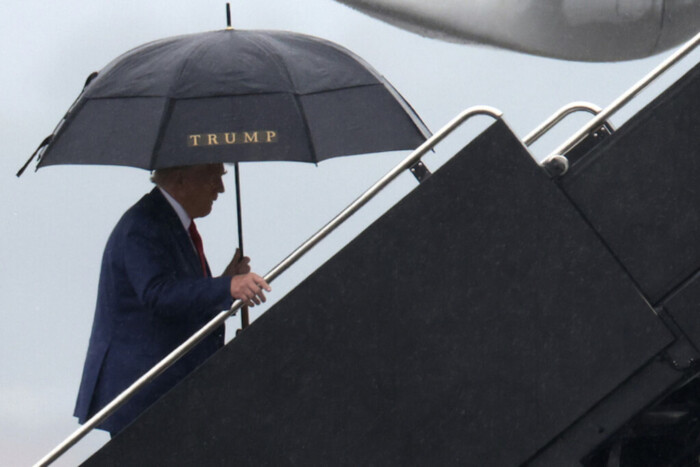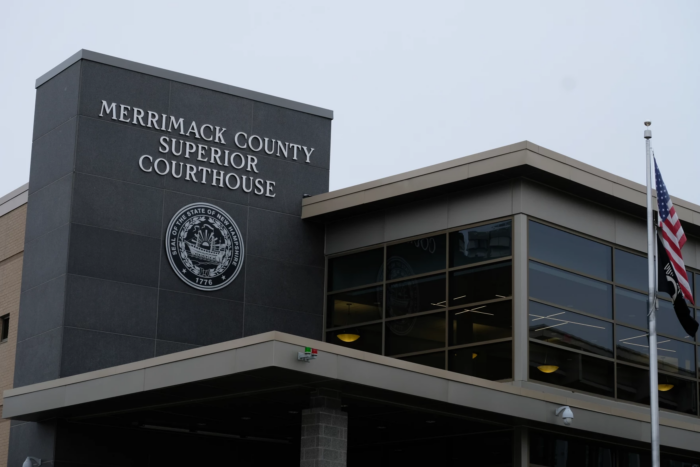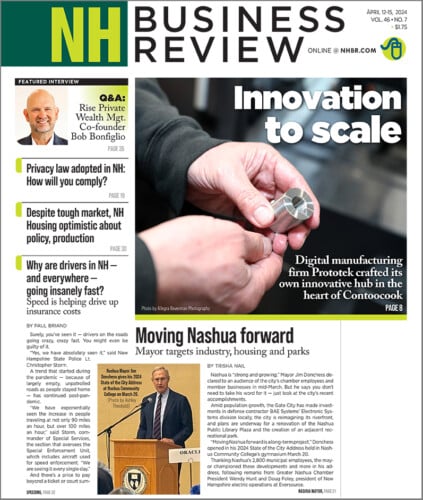Minimum wage compromise reached in New Hampshire Legislature
But hospitality group opposes House-Senate conferees’ agreement
New Hampshire House and Senate conferees reached an agreement Wednesday on increasing the hourly minimum wage without the provision for tipped workers that the hospitality industry was seeking.
“We are going to ask the governor to veto this,” said Henry Veilleux, a lobbyist for the New Hampshire Lodging and Restaurant Association. “We wouldn’t have under the Senate version.”
The tipped wage was the main difference between the versions of Senate Bill 10, both of which would increase the minimum wage from the current $7.25 an hour to $10 next year and $12 in 2022. (The conferees also cut out a provision that would have lowered the minimum to $11 an hour for employers that offer paid sick days.)
The Senate version would have fixed the tipped wage at $4 an hour. The House version would have upped it from 45 to 50 percent of the minimum wage. At the end, conferees agreed to stick with 45 percent, which would bring the tipped wage to $4.50 in 2020 and $5.40 in 2022.
The compromise also would require employers to ensure that those tipped employees who fall short of the minimum wage be guaranteed $12 an hour by employers, even during the two years when the minimum wage is $10 an hour.
New Hampshire currently doesn’t have a minimum wage, so it defaults to the federal minimum of $7.25 an hour. Some 22 other states have either defaulted or set the wage at that rate, but none are in New England. Pennsylvania is the closest state that pays $7.25, and it too is considering an increase. The minimum wages in Vermont ($10.78), Maine ($11) and Massachusetts ($12) are all due to go up next year.
There was not much opposition from businesses to increasing the minimum wage, but there was concern over the tipped wage. Employers argued that tipped workers usually earn more, sometimes much more, than $12 an hour.
The Senate appeared to buy that agreement, setting a fixed tipped wage, though giving tipped workers – who may not make that much in tips – a little boost so they would at least make $12 an hour right away.
“My concern was helping those at the lower end of the compensation scale,” said Senate President Donna Soucy, D-Manchester, sponsor of SB 10 and leader of the Senate conferees. “And when it comes to tipped employees, the servers tend to make more than the hourly cooks.”
But House conferees didn’t buy that.
“I haven’t heard anyone say that servers are overpaid. We should give them something that will advance proportionally with the minimum wage,” said Rep. Brian Sullivan, D- Grantham, chair of the House labor committee.
The Senate gave in first, agreeing to abandon the fixed-wage position but negotiate on percentage. The House went down to 45 percent. The Senate wanted it to go down further, but the House refused to. The Senate concurred, as long as it included the “safety net” provision that would boost the minimum wage of tipped workers to “at least $12 an hour.
This compromise, however, did not satisfy Veilleux. “The problem of keeping it at 45 percent is it perpetuates that the highest paid will get more out of the bill then the lowest paid.”
Gov. Chris Sununu has said he opposes a minimum wage increase, so it is doubtful that he will sign the compromise, but he has not yet said he would veto it. A third possibility is that he would let it become law without his signature.







